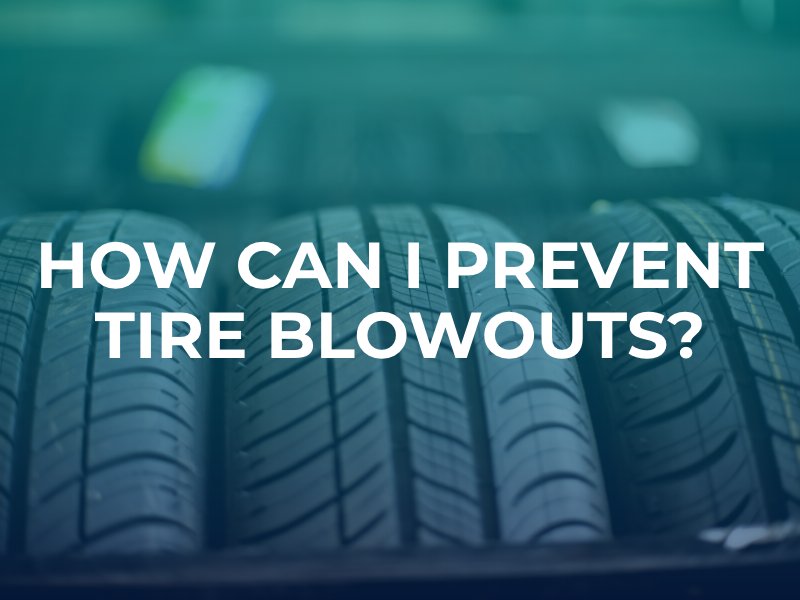How Can Georgia Drivers Prevent Tire Blowouts?
Everyone wants to remain safe on the roadways in Georgia. Unfortunately, car accidents do occur, and sometimes they happen due to tire blowouts. The good news is that tire blowouts are usually preventable, and there are several steps you can take to ensure that your tires are in good shape and ready for short- and long-distance trips. You can work to prevent a tire blowout in Georgia by following these steps.

Maintain proper air pressure in new tires
Maintaining proper air pressure in your tires is a vital part of roadway safety, particularly when it comes to preventing a tire blowout. Experts recommend manually checking your tire pressure monthly to make sure they are filled to the required PSI. Many newer vehicles have air pressure sensors built-in that will alert a driver to lower air pressure, but you should still check the pressure manually regularly. Improper air pressure on a tire can cause it to overheat and blowout.
Check your tire condition regularly
You need to visually inspect your tires on a regular basis and be on the lookout for any visible signs of wear and tear. Lookout for any deformities on the tires, including tire bubbles or tears. If you do see anything out of the ordinary, you should stop driving the vehicle and have an automotive expert determine what the problem is and what you need to do to fix it. Any excessive wear and tear on a tire can lead to a blowout.
Replace tires as required
While it may not be an expense that anybody wants to incur, you need to replace your tires on a regular schedule. The National Highway Traffic Safety Administration (NHTSA) recommends that drivers replace their tires once every five or six years. However, you may need to replace tires more often, depending on how much you drive. A major indicator of when you need to replace your tires is the tread depth. You can buy several tools to help measure appropriate tread depth, but you can use a penny as a preliminary test. Take a penny and turn it upside down and facing you, then put it into the tread of the tire. If you can see all of Abraham Lincoln’s head, that means the tread depth is less than 2/32 of an inch, and the tread is insufficient for proper roadway safety.
Do not overload your vehicle
Every vehicle has a maximum loading capacity concerning weight. Overloading a vehicle can put too much pressure on the tires and lead to a blowout on the roadway. You should always know your vehicle’s maximum weight capacity, particularly if you are carrying more cargo than normal.
If you do experience a blowout
If you do experience a tire blowout on the roadway, how you react could save your life and keep others around you save. A tire blowout initially sounds like a loud boom or bang, usually followed by the sound of a flopping deflated tire. You may quickly notice that your vehicle pulls one way or another, depending on which side the tire blowout occurred.
Keep a firm grip on the steering wheel, but be careful not to slam on the brakes. Slow down gradually by lifting your foot off of the accelerator and gently applying pressure to the brake. Once your speed has slowed, pull over into the first safe area you can get your vehicle to. Put on your emergency lights and call for emergency roadside assistance.